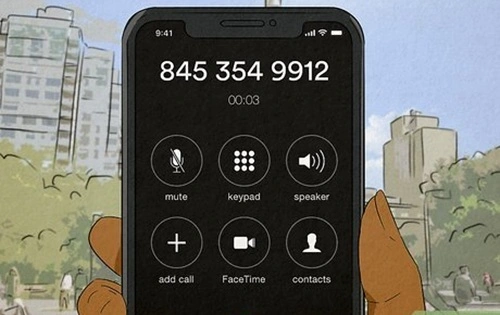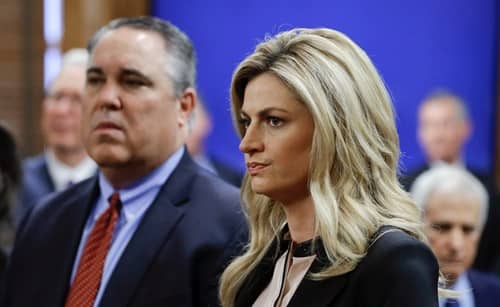In the last couple of years, you must have seen CarGuard’s name come up quite a bit in those robocalls or some questionable business practices, right? Well, it is true that this company has been involved in multiple lawsuits in recent times, so if you came here searching for the CarGuard Lawsuit, you should get to know about all of these recent cases to form a conclusion of your own. Should we start with that? Alright, so let’s get to the cases that made it to the headlines involving CarGuard. Here we go then.
Bacarri v. CarGuard (2022), The Case That Got Dismissed

We should perhaps start with the Bacarri lawsuit. It involved those annoying robocalls that delivered the message, “Your vehicle warranty is going to expire.” Bacarri had a great deal of these calls and got so angry that he chose to sue in order to stop them on his behalf, stating that CarGuard was the company that profited from these spams, but that they were not the ones releasing the calls.
Nevertheless, CarGuard was quite definite: they maintained that they had informed their sellers beforehand that the use of robocalls was prohibited. It was one of the provisions in the contracts. During the trial, their Chief Executive Officer, on being sworn in, stated that telemarketing was not allowed as per their regulations.
And the judge agreed.
Bacarri failed to show that CarGuard was the cause of his harm; therefore, the case was dismissed straight up.
NCWC v. CarGuard (Filed 2020, Ruling in 2022)
This story includes two warranty firms (CarGuard and NCWC) as well as a sales partner named POM (abbreviation for Peace of Mind). POM and NCWC entered into an agreement whereby POM would be the sole distributor of NCWC’s warranties for five years. POM was not permitted to sell any other brands.
However, it is said that POM began promoting CarGuard’s products as well, although there was an exclusivity agreement in place.
Of course, NCWC brought a suit to the court. They alleged that CarGuard intentionally and maliciously disrupted their exclusive contract. Conversely, CarGuard went on to say that they were not aware of any limitation in the contract.
The decision had nothing to do with the court’s acceptance of CarGuard’s explanation. Actually, the judge indicated that CarGuard had probably knowledge of the contract since not only had they filed the complaint, but also they had kept doing business with POM, thus by this conduct they had not acknowledged the agreement but rather they had silently endorsed it somehow.
The Aspen Couple’s Lawsuit (2021)
This is one extreme example. In 2021, a couple from Aspen, consisting of an attorney and his wife, who is a pastor, filed a lawsuit after they were sent 27 robocall messages about car warranties. Although they were registered on the National Do Not Call list, the calls did not stop. To make matters worse, the calls were from counterfeit, local-looking numbers.
The couple didn’t simply bypass the situation, but rather sought to find out more about it. In fact, they made the purchase of one of the counterfeit warranties with a credit card, solely for the purpose of following the calls. The inquiry they conducted brought them to level a huge legal claim against the companies, having CarGuard as the primary defendant, for the illegal use of an automated call system operating the unconsented distribution of calls.
The complaint included more than eight million dollars worth of damages, pointing to spoofed numbers, faked voices, and lying tactics. Besides, they found fault with the suit for having an excessive number of claims and being too complicated.


